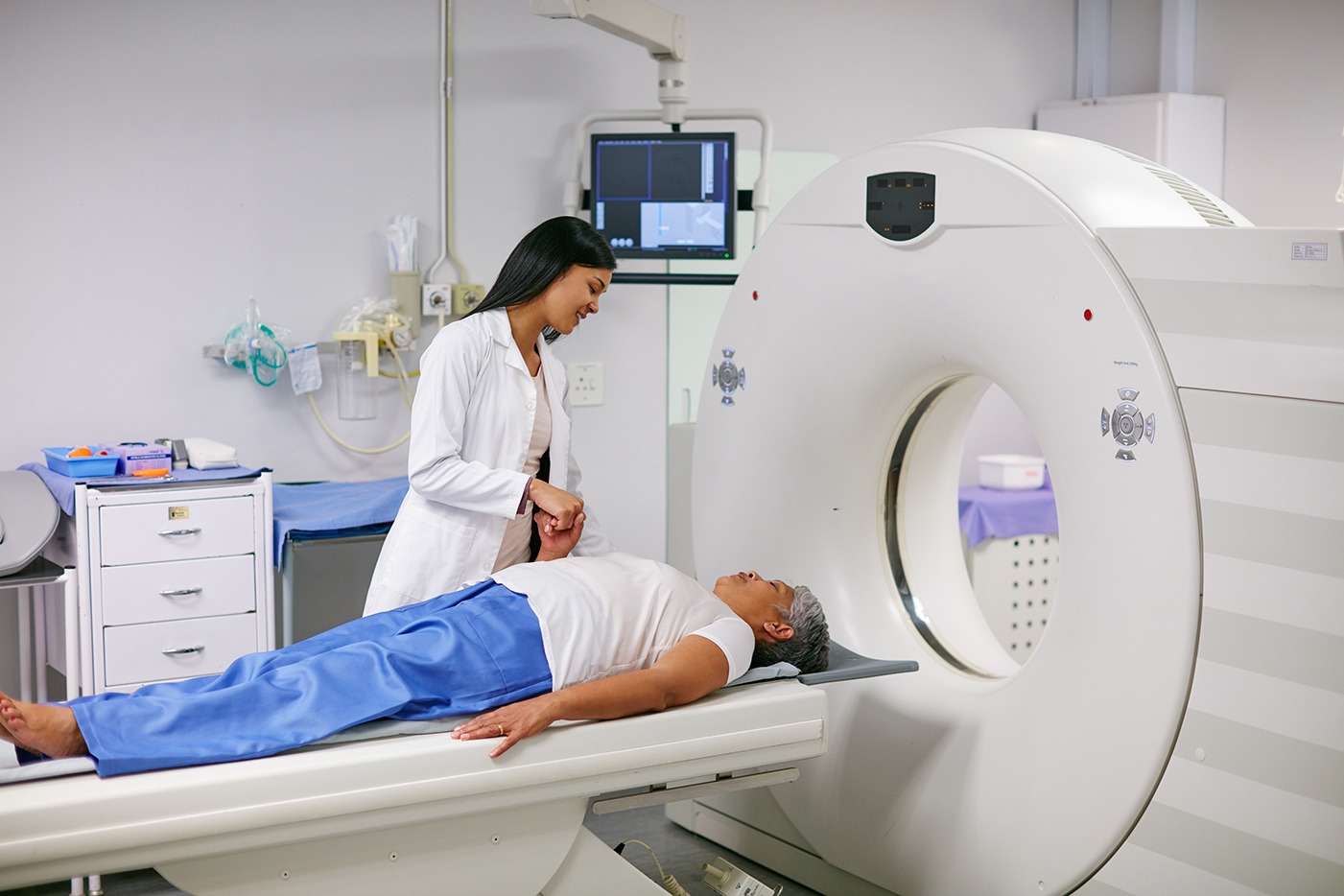Why Do You Need an MRI Brain Epilepsy Protocol?
An MRI brain epilepsy protocol is typically recommended if a person has been diagnosed with epilepsy or is experiencing unexplained seizures. The scan helps determine whether there are any underlying structural abnormalities in the brain that may be contributing to the seizures. Some of the primary reasons for undergoing this procedure include:
1] To Identify Structural Causes of Epilepsy: If epilepsy is suspected to have a structural cause, such as a brain tumor, stroke, malformation, or brain injury, an MRI can provide crucial insights into the exact nature of the problem.
2] To Localize the Origin of Seizures: Identifying the region of the brain where seizures originate is essential for guiding treatment, particularly if surgical intervention is being considered. MRI scans can help pinpoint areas like the temporal lobes or hippocampus, which are often implicated in seizure activity.
3] To Assess Treatment Options: In some cases, if medication fails to control seizures, surgery may be considered to remove the abnormal brain tissue causing seizures. MRI scans can help identify the areas that need to be targeted during surgery.
4] To Evaluate Brain Damage: MRI can assess any brain damage caused by trauma, stroke, or infections that might be contributing to epileptic seizures.
5] To Monitor Progression: For individuals with a known diagnosis of epilepsy, regular MRI scans can help monitor changes or progression in the brain’s structure, especially if there are concerns about treatment resistance or evolving brain pathology.
MRI Brain Epilepsy Protocol Cost Pune
The cost of an MRI Brain Epilepsy Protocol in Pune is typically around Rs. 3999. This specialized MRI scan is designed to assess the brain for abnormalities related to epilepsy, such as structural changes, tumors, or lesions that may trigger seizures. The price may vary depending on the diagnostic center, type of MRI equipment used, and additional services. For accurate pricing and availability, it’s recommended to consult local MRI centers or hospitals in Pune.
How Does the MRI Brain Epilepsy Protocol Work?
The MRI brain epilepsy protocol involves a series of detailed imaging scans that target the brain and its key areas, including the hippocampus, temporal lobes, and other regions associated with seizure activity. Here’s a breakdown of the process:
1] Preparation: No special preparation is usually required for an MRI scan, though you may be asked to remove any metallic items, such as jewelry, glasses, or hearing aids, as they can interfere with the magnetic field. If you have any implanted medical devices (like a pacemaker), you should inform the technician ahead of time.
2] Positioning: The patient will lie on the MRI table, and their head will be placed inside the MRI machine. The patient is typically asked to remain as still as possible during the scan to prevent motion artifacts that may blur the images.
3] The Scan: The MRI machine uses magnetic fields and radio waves to generate high-resolution images of the brain. The procedure generally lasts between 30 to 60 minutes. The patient may hear loud noises from the machine during the scan, but earplugs or headphones are often provided to reduce the sound.
4] Contrast Dye: In some cases, a contrast agent (gadolinium-based dye) may be injected to improve the clarity of the images, particularly for identifying tumors, abnormal blood vessels, or inflammation. The contrast is typically safe, though some people may experience mild side effects such as a warm sensation.
5] Post-Scan: Once the scan is complete, the patient can resume normal activities. If contrast dye was used, patients may be advised to drink plenty of fluids to help flush it out of the system.









